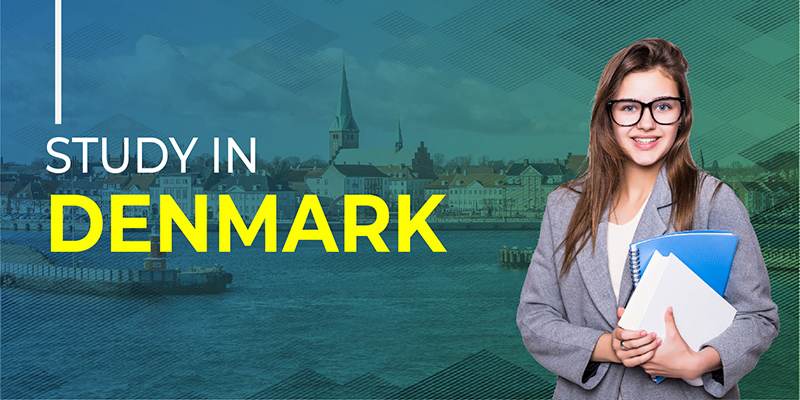
Fact sheet:
Official Name: Kingdom of Denmark (Kongeriget Danmark)
Capital: Copenhagen
Population: Approximately 5.8 million people
Area: 42,943 square kilometers (16,580 square miles) Official
Language: Danish Government: Unitary parliamentary constitutional monarchy Monarch: Queen Margrethe II
Prime Minister: Mette Frederiksen Currency: Danish Krone (DKK)
GDP (Nominal): Approximately $380 billion USD (2021)
GDP Per Capita: Approximately $65,000 USD (2021)
Human Development Index (HDI): 0.930 (very high, ranked 11th in the world) - as of 2020
Climate: Denmark has a temperate maritime climate with mild winters and cool summers. The weather can vary throughout the year, with rainfall spread evenly across the seasons.
Geography: Denmark consists of the Jutland Peninsula and numerous islands, including Zealand, Funen, and Bornholm. It shares maritime borders with Sweden to the northeast, Norway to the north, and Germany to the south.
Economy: Denmark has a highly developed mixed economy with a strong welfare state, high standard of living, and low levels of income inequality. Key industries include manufacturing, pharmaceuticals, renewable energy, shipping, and information technology.
Major Cities:
• Copenhagen: The capital and largest city of Denmark, known for its historic landmarks, cultural attractions, and vibrant waterfront.
• Aarhus: Denmark's second-largest city, renowned for its university, museums, and lively arts and music scene.
• Odense: Birthplace of Hans Christian Andersen and a cultural hub with museums, theaters, and festivals.
• Aalborg: A port city in northern Denmark known for its medieval architecture, university, and maritime history.
Culture:
• Danish culture is characterized by a strong sense of social equality, community, and innovation.
• Denmark is known for its contributions to literature, design, architecture, and culinary arts.
• Danish design principles emphasize simplicity, functionality, and sustainability, influencing architecture, furniture, and product design worldwide.
• Hygge, a concept of coziness, comfort, and well-being, is an integral part of Danish lifestyle and culture.
Education:
Denmark has a well-regarded education system with a focus on innovation, research, and student-centered learning. The higher education system offers a wide range of programs taught in English and Danish, including bachelor's, master's, and doctoral degrees.
Healthcare:
Denmark has a comprehensive universal healthcare system, funded through taxes and provided to all residents. The healthcare system provides access to primary care physicians, specialists, hospitals, and preventive services.
Transportation:
Denmark has a well-developed transportation network, including modern highways, railways, and public transportation systems. Many cities are bike-friendly, and cycling is a popular mode of transportation. Denmark's progressive society, high quality of life, and emphasis on sustainability make it an attractive destination for residents, visitors, and students alik
